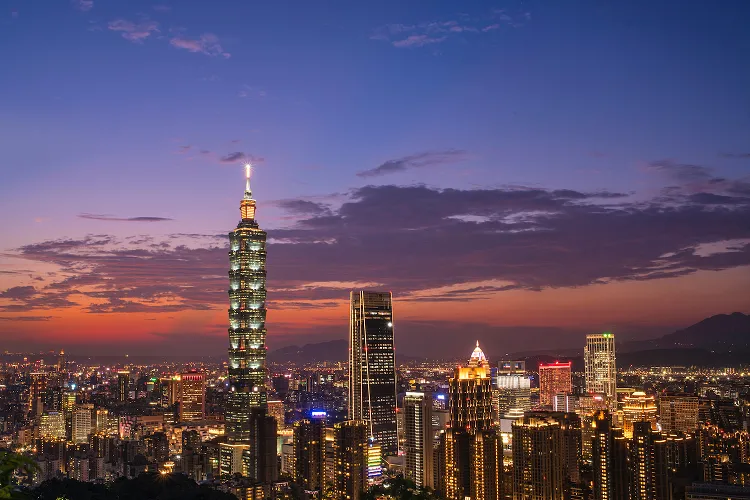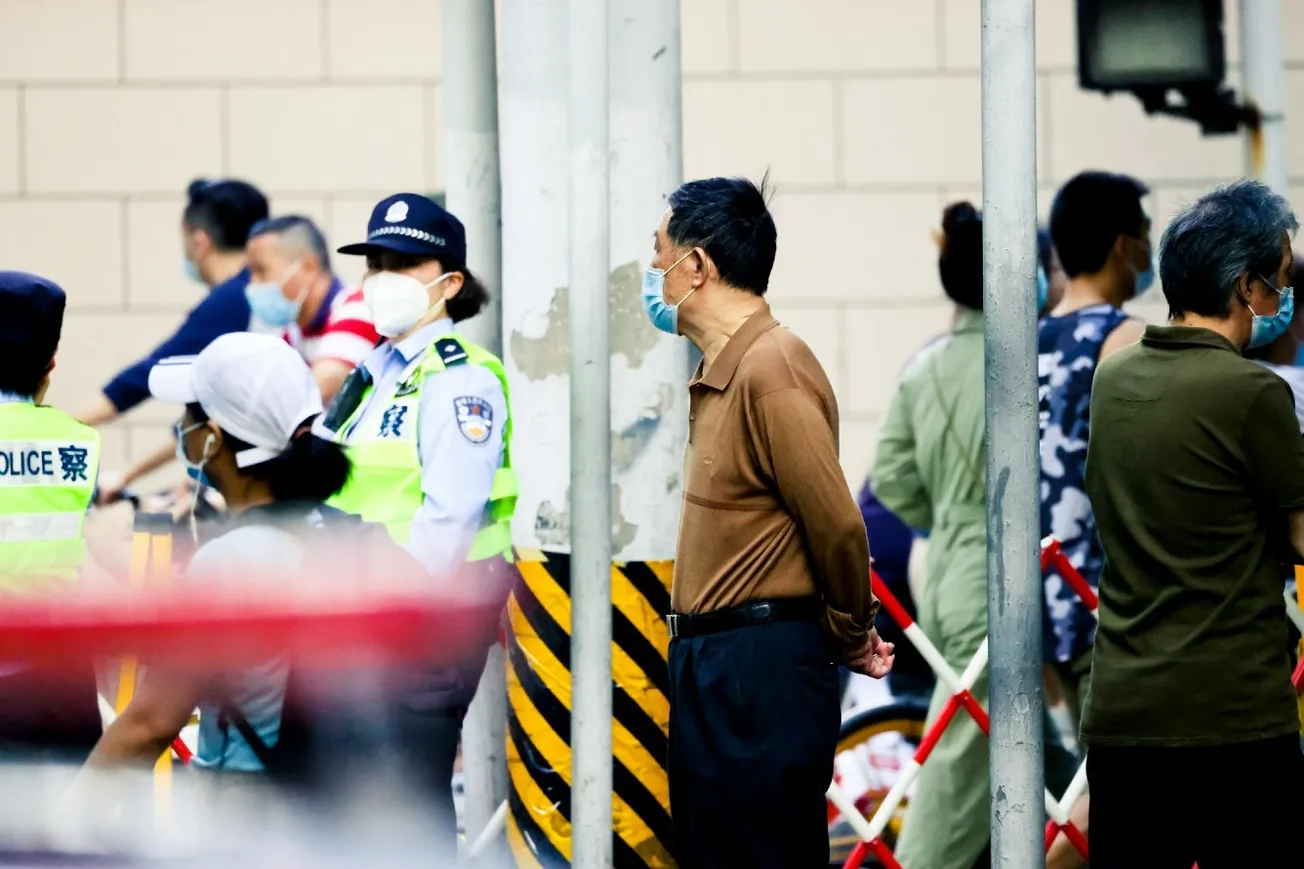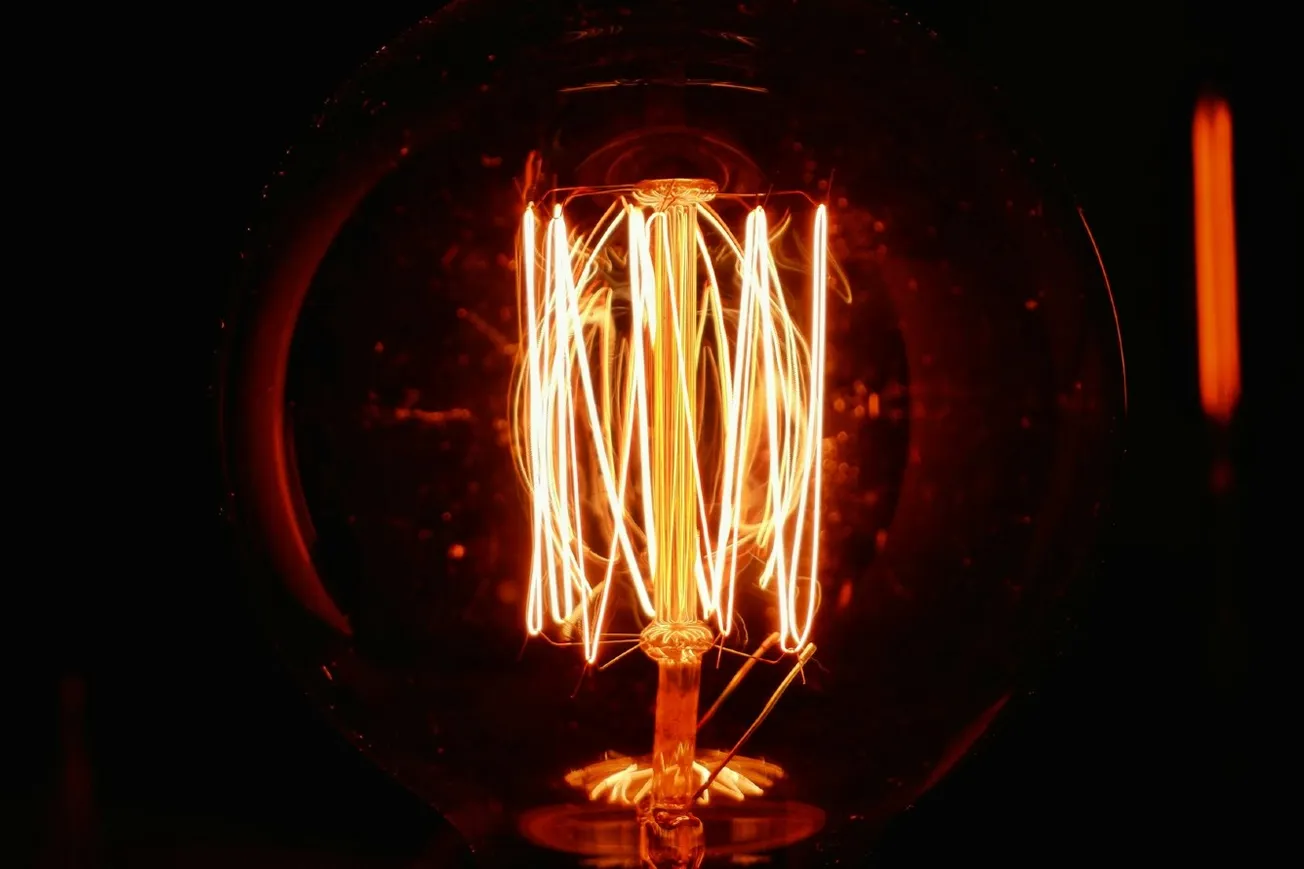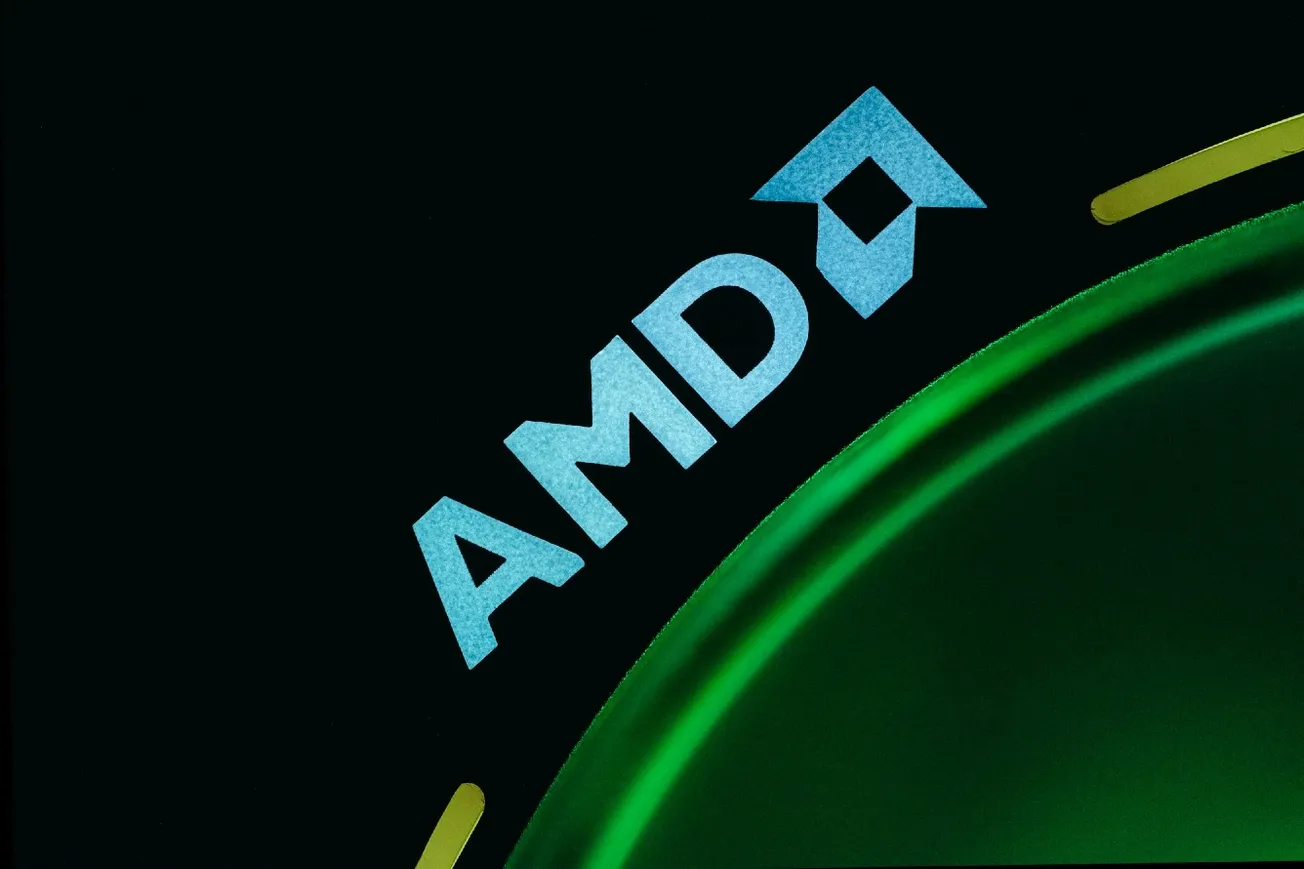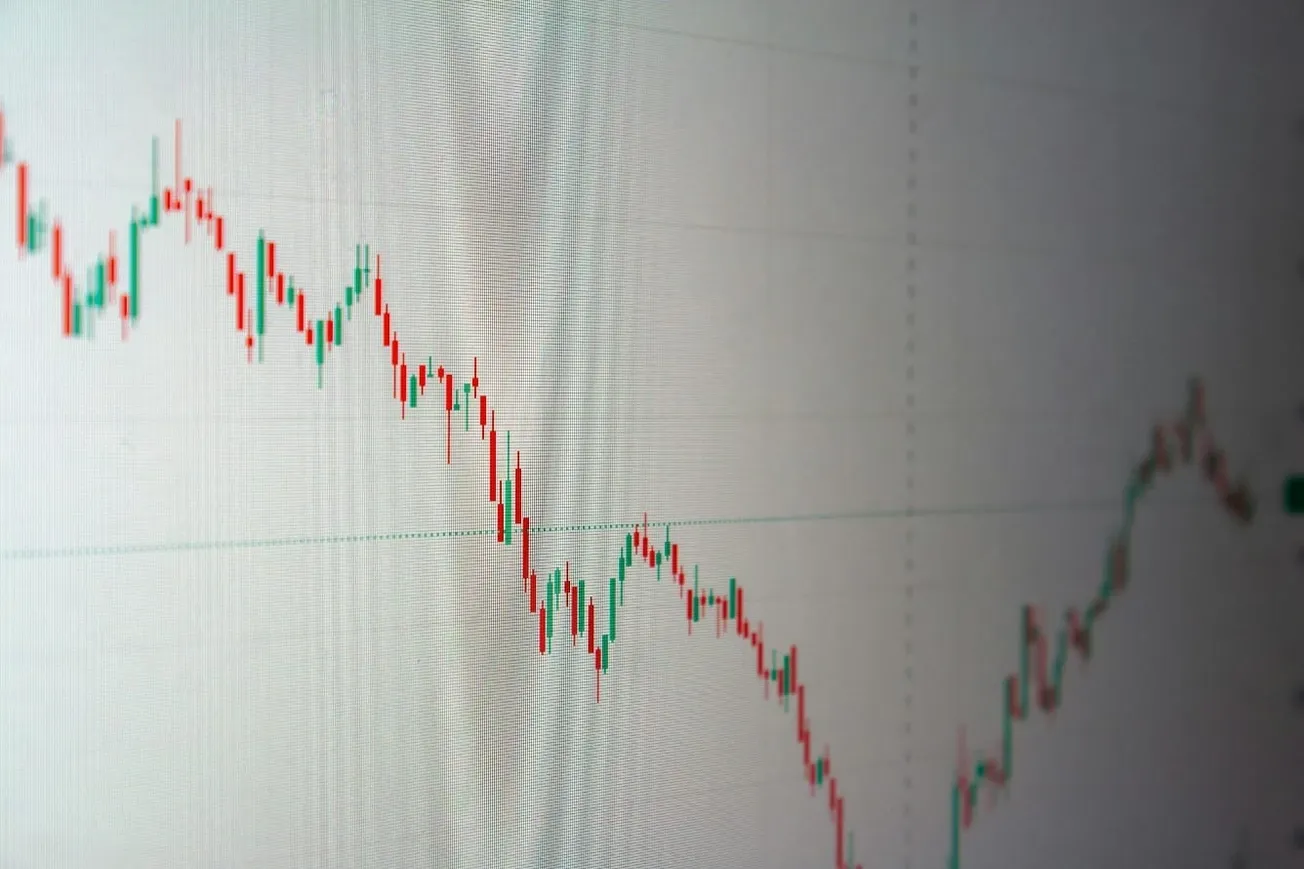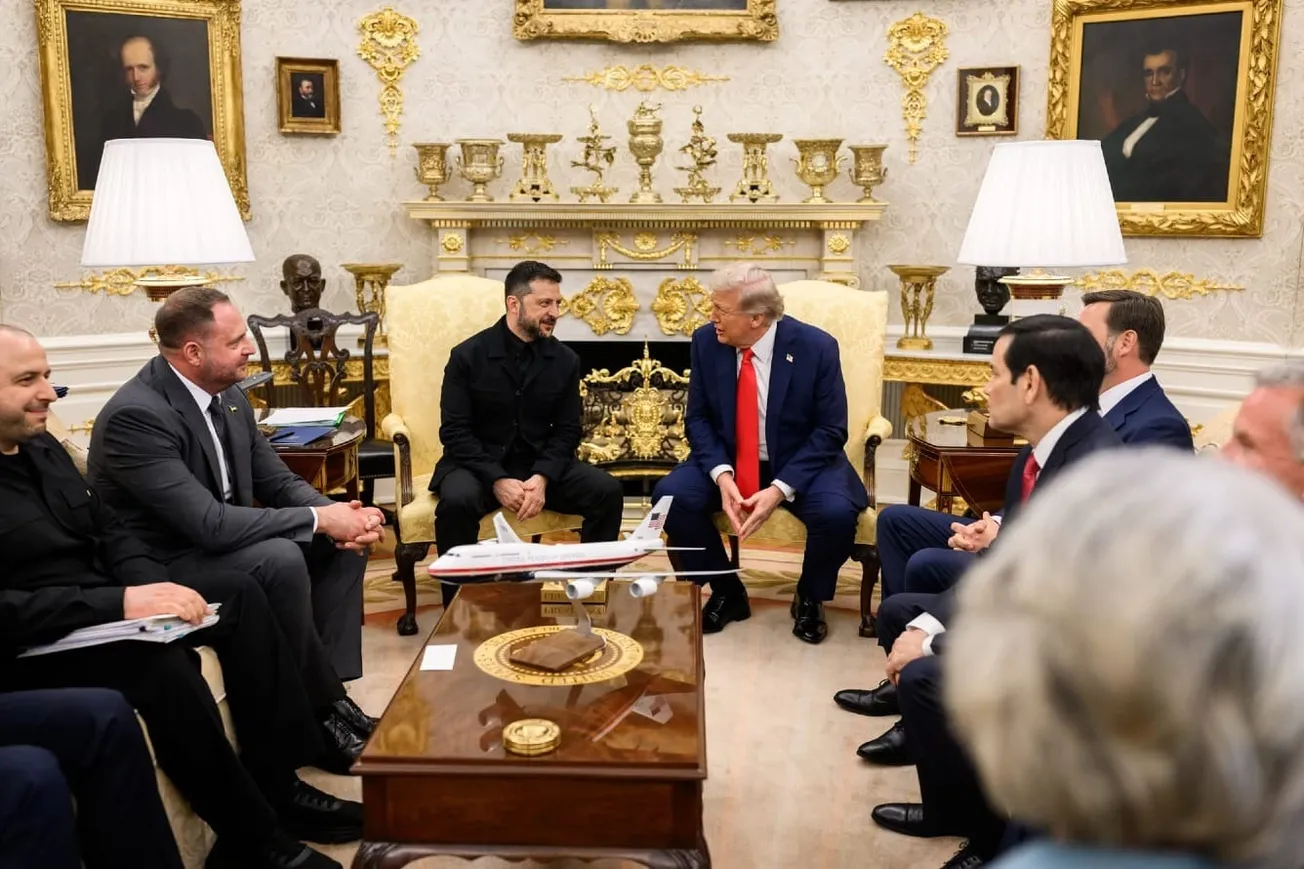Just days after President Biden took office, Chinese warplanes intruded on Taiwanese airspace, prompting the American administration to reiterate America's commitment to Taiwan. When then-President-elect Trump spoke with the leader of Taiwan, the Chinese administration expressed its displeasure.
Why is China-Taiwan Important?
Among global conflicts, Taiwan's status has the potential to spark a war between major powers.
The U.S. views China's policies toward Taiwan as part of the Communist country's strategy to expand its regional influence. The United States has repeatedly stated that Beijing's attempt to integrate Taiwan forcefully will be met with equal force.
Beijing has attempted to intimidate Taiwan by repeatedly invading its airspace with Chinese fighter jets, prompting condemnation from world leaders. China's frequent military and naval exercises near Taiwan's borders and waters have raised concerns about regional stability.
While China is actively attempting to curtail Taiwan's sovereignty, the United States is taking measures to safeguard the island territory.
Most Taiwanese support the status quo, but a growing number believe in independence. China's policies in Hong Kong have furthered distrust of mainland China, and the thirst for formal independence has increased over the last decade.
How Do Americans See The Situation?
Americans are wary of China's strong-arm tactics when it comes to the island. The TIPP Poll conducted in late February found that 38% of Americans disapprove of China's handling of Taiwan. While 20% approve of PRC's relationship with Taiwan, 17% said they were undecided, and a quarter of our respondents, 25%, said they were not familiar with the situation to comment.
The disapproval increases with age:
- 30% for age 18-24,
- 27% for age 25-44
- 37% for age 45-64
- 60% for age 65+
We wrote the backgrounder in response to the high percentage of undecided and unfamiliar Americans.

Backgrounder
Taiwan, formerly Formosa, the 'beautiful island,' is also known as the Republic of China (ROC). Tropic of Cancer passes through the island country located in the western Pacific Ocean. The Taiwan (Formosa) Strait separates it from the Chinese mainland. To its northeast lies the Japanese Ryukyu Islands, and to the south lies the island of Luzon (Philippines).
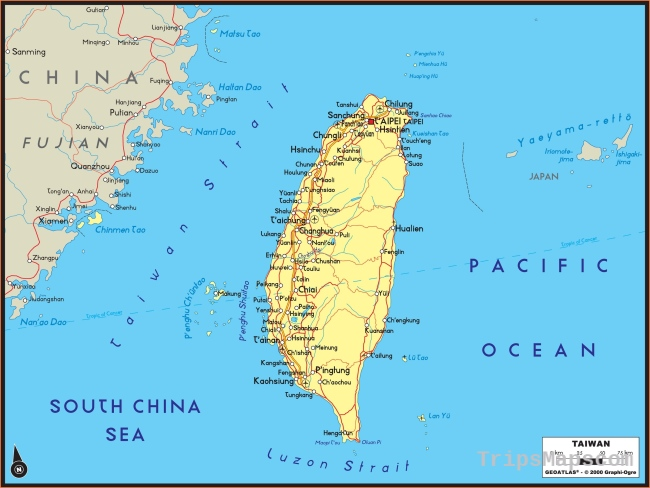
Taiwan consists of the main island, 21 smaller islands in the Taiwan group, and 64 islands in the Penghu (Pescadores) group. Han Chinese, who identify as Taiwanese, make up the majority of the population. It is one of the most densely populated countries, with 673 persons per sq Km and about 23 million people.
Its capital is Taipei City, located on the main island, and the official currency is the New Taiwan dollar.
History
Taiwan was brought under Chinese rule in the 17th century by the Qing dynasty, from the Dutch settlers and aboriginal rulers. The region was ceded to the Japanese after they defeated China in the First Sino-Japanese War (1894-95). It stayed with the Japanese for the next fifty years until the First World War ended in 1945. Japan gave the island back to the Chiang Kai-shek ruled Republic of China (ROC) after being defeated by the Allied Forces.
When the Communists overthrew the Kuomintang government in the Chinese Civil War (1945-1949), Chiang Kai-shek fled to Taiwan. About 2 million refugees followed him. The plan was to use the island as the base and retake the mainland. Kai Shek's government, based out of Taiwan, was recognized as the legitimate ruling body of all China by the United Nations and the Western world until the 1970s.
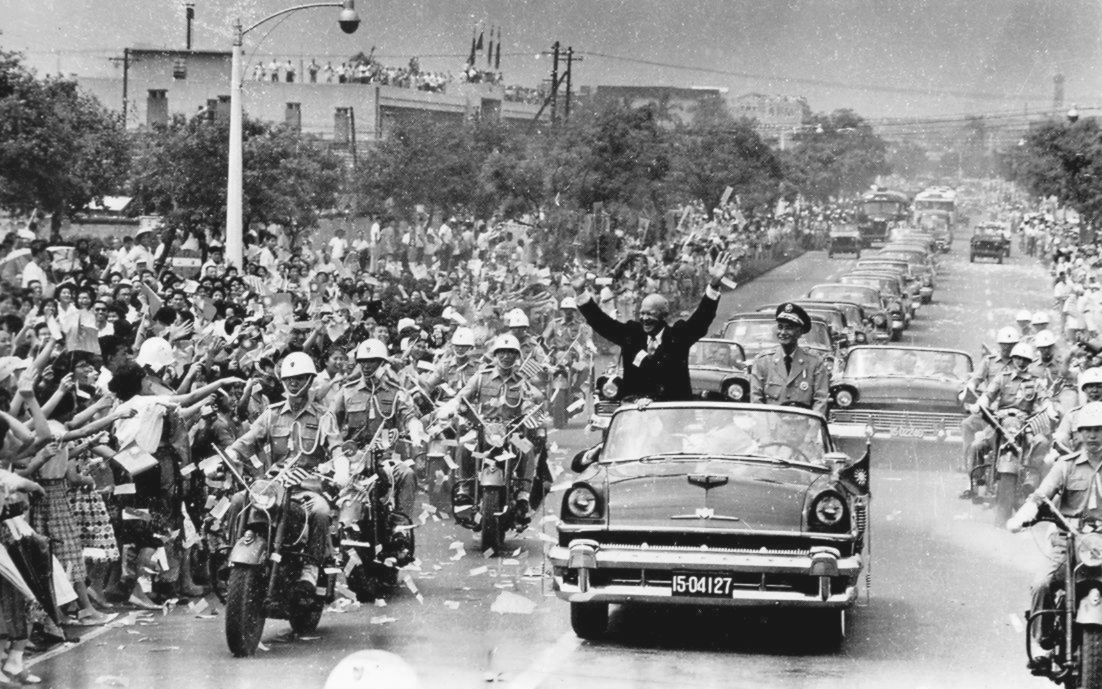
In 1971, the People's Republic of China's Communist government, located in Beijing, was recognized by the United Nations as China's sole legitimate government. ROC lost its seat at the United Nations and ceased to be a sovereign state.
Today, Taiwan is a democracy governed by a constitution. In its bid to stop the spread of communism, the western world continues to support Taiwan's development and remains committed to protecting the island from mainland China's 'attacks.'
Present Day
Taiwan is another component of the PRC's 'one country, two systems' doctrine. From the threat of 'armed liberation,' Beijing's Communist government has moved to the process of unification.
After years of diplomatic tug of war, the ROC gave up claims over the Chinese mainland and stated that it represents the Taiwanese and islands of Penghu, Jinmen, and Mazu. After more than fifty years in power, Beijing's Communist government held its first government-to-government talks with its Taiwanese counterparts in 2014.
While most Taiwanese are happy with the status quo, there is a significant rise in the numbers that support independence. Support for the Democratic Progressive Party that favors formal independence from China somewhere in its future has increased over the last decade. China's handling of Hong Kong in recent years has furthered the unease in the island. At present, Taiwan has official and open diplomatic relations with only fourteen other nations.

Taiwan's Economy
Taiwan's resources like sulfur, coal, and gold have been in high demand for centuries. Taiwanese Miracle refers to the island's rapid industrialization and progress since the 1960s.
The West's fear of the spread of communism, reinforced by the Korean War, immensely benefited the island. Aid poured in from the western world, and Taiwan invested heavily in its people and industry. A prudent financial and trade policy also played a key role.
Taiwan's capitalist economy has ensured its prosperity and global standing. Today, its export-oriented businesses ship petrochemicals, auto parts, wireless communication equipment, electronics, plastics, and computers. It is the world leader in computer microchip manufacturing.
Interestingly, Taiwan is one of the largest investors in the Chinese mainland. Taiwan's 'parent' regime across the strait is also its biggest trade partner. Despite the pandemic last year, the Taiwanese economy outperformed the Chinese economy and was judged the 'Asia's top-performing economy.' Tech and electronic exports, especially semiconductors, essentially helped to achieve this honor.
Taiwan and the U.S.
The U.S. views China's policies on Taiwan as a part of the Communist power's plans to further its influence in the region. Beijing has been trying to intimidate the country with frequent incursions into its airspace by Chinese fighter jets drawing condemnation from world leaders.
While China is actively attempting to limit Taiwan's sovereignty, the U.S. is taking steps to ensure that the island territory is protected. The Taiwan Allies International Protection and Enhancement Initiative is a step to encourage Taiwan's diplomatic relations with other countries.
Recently, the U.S. envoy to Palau became the first U.S. ambassador to visit Taiwan since 1979. Biden administration's new guidelines will make it easier for U.S. officials to meet Taiwanese counterparts more freely. Beijing regards meetings between high-level government officials and their Taiwanese counterparts as sending the "wrong signals" to those who support Taiwan's independence.
The 'Anti-Secession Law' passed by the Chinese government in 2005 has spurred the Taiwanese government to equip its armed forces with sophisticated weapons, supplied mainly by the U.S. On the international stage, Taiwan continues to remain a solid political and economic ally of America.
Taiwan U.S. Trade
According to the USTR, Taiwan was America's tenth largest good trading partner in 2019. The same year, trade between the two nations totaled an estimated $103.9 billion. Exports to Taiwan accounted for 2% of overall U.S. exports in 2019. Taiwan was also the sixth-largest agricultural export market. The United States enjoyed a services trade surplus of an estimated $3.7 billion with Taiwan in 2019.
U.S. imports from Taiwan mainly consist of electrical machinery, machinery, iron and steel products, vehicles, and plastics ($2.1 billion). In the service sector, the main categories were transport, travel, and research and development sectors.
American foreign direct investment (FDI) amounted to about $17.4 billion in Taiwan stocks in 2019. At the same time, Taiwan's FDI in U.S. stocks amounted to $11.1 billion.
Taiwan's Destiny
Taiwan's political identity, at present, defies categorization. Taiwan is associated with close to fifty international organizations like the Asian Development Bank, APEC, and OECD committees. It behaves as an independent nation on the world stage ruled by a democratically elected government, having its military and diplomatic relations with other countries. Yet, it is under China's purview while still enjoying America's protection.
China's expansionist plans will have a significant impact on this small island nation in the coming years. The world is watching to see if the people of Taiwan will shake off communist China's claims and become a fully liberated nation.
ICYMI


